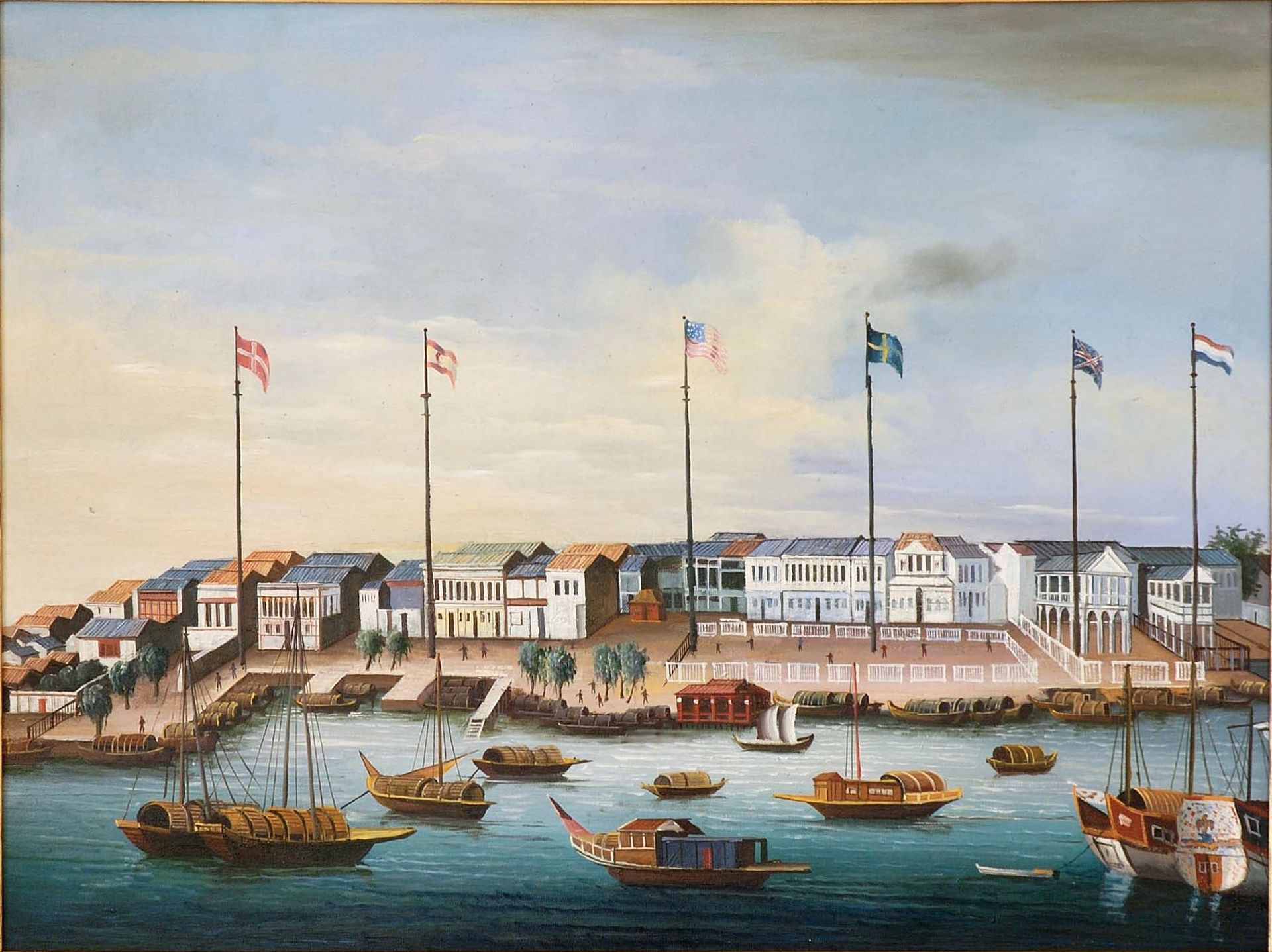Professor Robert Wade adds to the recent article from Dani Rodrik for the Financial Times, in which he states that the US and Europe are hypocritical when complaining about China’s infringement on ‘global norms and rules’.
8 August 2018
………………
Dani Rodrik, in “Global trade needs rules that adapt to economic diversity”, misses an important point ( August 6).
He says that “when the US and Europe complain that China is infringing ‘global norms and rules ’, they forget their own economic history. China’s policies are not so different from those that they too embraced while catching up with technological leaders of the time.”
This is true. What it misses is that the US and many European countries today use aggressive industrial policy to foster frontier industries and firms, much of it below the radar of public scrutiny. The US network of public laboratories and agencies (the Defence Advanced Research Projects Agency), and Germany’s giant development bank, KfW, are cases in point.
Western states have crafted World Trade Organization rules to enable them to use industrial policy instruments appropriate for frontier industries and to prohibit or make actionable instruments appropriate for developing country industries and firms well within the frontier (like local content requirements).
The “global playing field” is “level” only from the perspective of the west. The BIC countries (Brazil, India and China) have been cooperating in the WTO to push back against the western strategy of shrinking developing country policy space, but it is an uphill struggle.
Robert H. Wade
Professor of global political economy
London School of Economics, UK
Robert H. Wade is Professor of Political Economy at the London School of Economics
This article was first published on the Financial Times.
The views expressed in this post are those of the author and in no way reflect those of the International Development LSE blog or the London School of Economics and Political Science.





